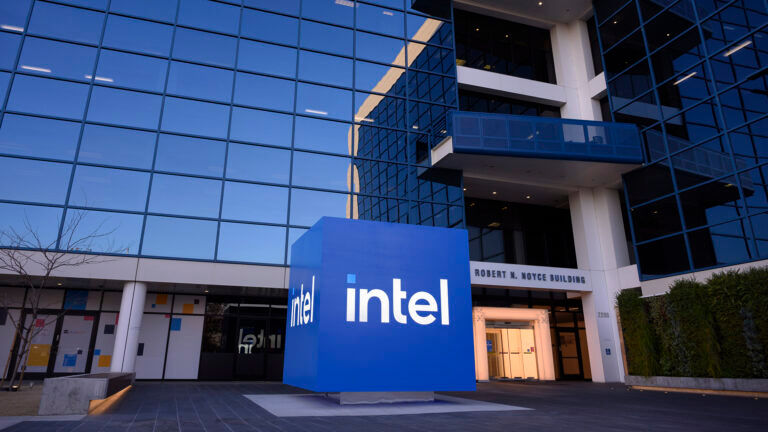OpenAI's Stargate Project Secures Chips From Samsung, SK Hynix
- tech360.tv
- Oct 2
- 3 min read
Samsung Electronics and SK Hynix have signed letters of intent to supply memory chips for OpenAI's data centres, joining the ChatGPT maker's Stargate project to meet rising demand.

OpenAI will collaborate with the two South Korean firms to build two data centres, a "Korean-style Stargate," leveraging Seoul's ambition to become an AI hub in Asia.
This partnership capitalises on South Korea's large number of paying ChatGPT subscribers, which is second only to that of the United States.
The announcements occurred on Wednesday after OpenAI Chief Executive Officer Sam Altman met South Korean President Lee Jae Myung and the chairmen of Samsung Electronics and SK Hynix at the presidential office in central Seoul.
U.S. President Donald Trump unveiled the USD 500 billion Stargate project in Jan., charging OpenAI and partners, including SoftBank and Oracle, with ensuring U.S. leadership in artificial intelligence.
Expanding chip availability is a key project idea. Nvidia announced last week it would invest up to USD 100 billion in OpenAI and supply data centre chips.
Kim Yong-beom, South Korea's top presidential adviser, stated OpenAI seeks to order 900,000 semiconductor wafers by 2029.
OpenAI plans joint ventures with Samsung and SK Hynix to build two South Korean data centres, each with an initial capacity of 20 megawatts.
Kim added that South Korea is open to participating in financing for the Stargate project if needed.
"The significant part of the Stargate project would be impossible without memory chips from the two companies," Kim told a press briefing.
The president's office said the partnership offers South Korean chipmakers an early foothold in the world's largest AI infrastructure project, providing a growth opportunity for the domestic chip industry.
Altman expressed excitement about building "Stargate Korea" and data centres with "wonderful partners" to support "the sovereign AI needs of Korea."
He highlighted Korea's "industrial base like nowhere else in the world that is critical for the development of AI," and working with Samsung and Hynix for memory to serve global AI demand.
Samsung and SK Hynix collectively hold approximately 70% of the global Dynamic Random Access Memory chip market and nearly 80% of the High Bandwidth Memory market.
HBM, a DRAM standard first produced in 2013, involves vertically stacking chips to save space, reduce power consumption, and process large volumes of data for complex AI applications.
Analysts estimated 900,000 wafers of advanced DRAM chips would be worth more than 100 trillion won (USD 70 billion).
This figure, however, could fluctuate with memory market cycles.
OpenAI established its first Seoul office this year, following a surge in South Korean demand for its ChatGPT service.

Samsung SDS, an affiliate of Samsung Electronics, signed a partnership with OpenAI to develop, build, and operate AI data centres under the Stargate project, concurrently expanding enterprise AI services.
Shipbuilder Samsung Heavy Industries and construction unit Samsung C&T will collaborate with OpenAI to develop floating offshore data centres, designed to cut cooling costs and carbon emissions.
The Stargate project has faced delays due to longer-than-expected negotiations with other parties and decisions regarding sites, according to SoftBank's Chief Financial Officer in Aug.
Samsung Electronics and SK Hynix have signed letters of intent to supply memory chips for OpenAI's Stargate project.
OpenAI plans joint ventures with the South Korean firms to build two data centres in South Korea, each with 20 megawatts initial capacity.
South Korea's top presidential adviser Kim Yong-beom stated OpenAI seeks 900,000 semiconductor wafers by 2029 for the project.
Source: REUTERS




Comments